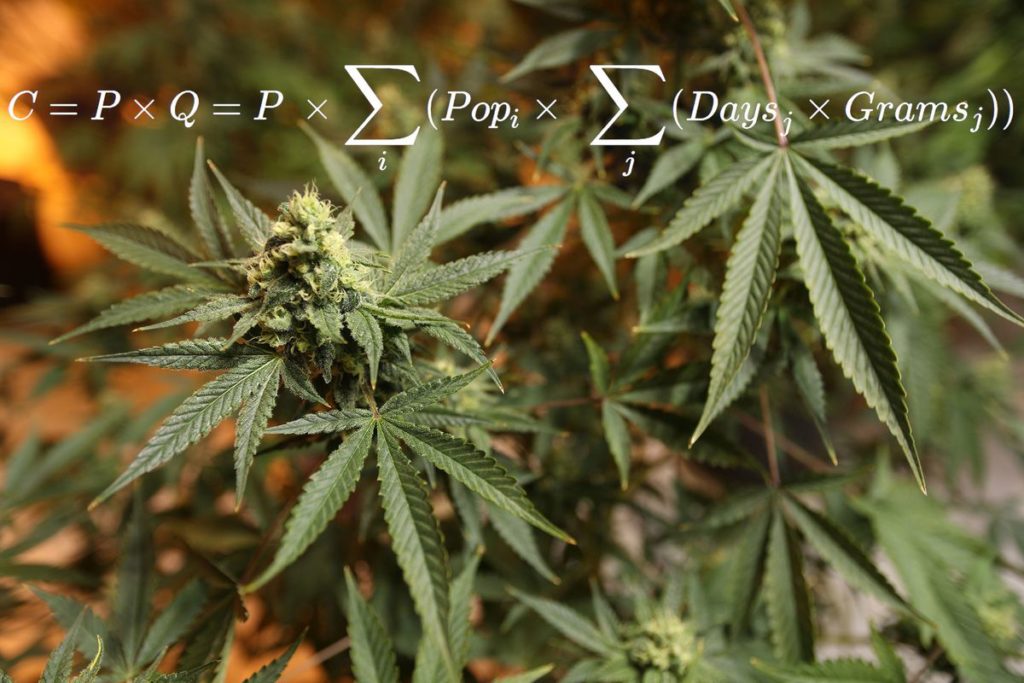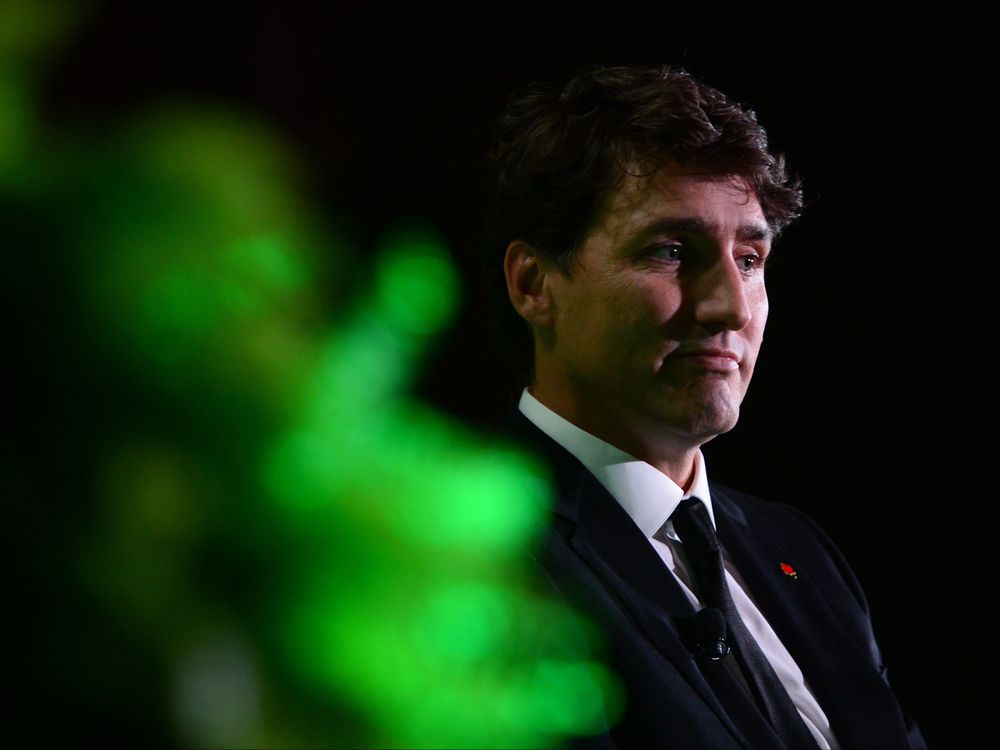The countdown to the legalization of marijuana is officially on.
Earlier this month, Prime Minister Justin Trudeau confirmed that before July 1, 2018 marijuana will be legal for all Canadians over the age of 18.
Legalization will inevitably lead to an increased level of social and cultural normalization, but normalization doesn’t mean positive education or optimization — especially when it comes to women.
As this new public conversation emerges, there’s an opportunity to take down the old stereotypes of the bro-style “stoner” culture that have dominated so far. Think all things Seth Rogan, Snoop Dog or Harold and Kumar, and instead deliberately replace them with norms that are more welcoming to the mature female — especially mothers.
This is about so much more than enabling more moms to get high.
Health Canada’s most recent numbers are from 2013 when seven per cent (around one million women) admitted to smoking in the past year. Experts believe that the U.S. offers more realistic and detailed data on the trend. Over the last decade, cannabis use has doubled, and in segments of the boomer population has even quadrupled.A 2015 National Survey on Drug Use and Health found that 40 per cent of cannabis users are women. That’s around 13 million women, the majority of whom are over the age of 26 and are college educated.
Bringing the public perception of marijuana to a place where women, especially moms, are comfortable being identified as cannabis users may not sound like a big deal, but this is about so much more than enabling more moms to get high — it’s about data, health and wellness.
Here are three reasons why those of us in the cannabis industry need to use the year ahead to proactively drive a more nuanced and grown conversation of women and marijuana.
Closing the research gap
More often than not, traditional medical research has focused on male subjects and then presumed these same outcomes will apply to women.
And as our understanding of the physical, psychological, economic and social interplay between gender and health outcomes expands, the gap in gender research feels increasingly more frustrating.
A grown-up conversation starts with a public call for all research on cannabis to specifically consider gender.
A grown-up conversation starts with a public call for all research on cannabis to specifically consider gender, and to fund targeted studies that look at the needs of women and marijuana.
Maximizing health benefits
A 2017 report by the National Academies of Sciences, Engineering and Medicine examined more than 10,000 research abstracts on the scientific literature on cannabis. They found “conclusive or substantial evidence” that marijuana or related compounds can effectively treat: chronic pain, nausea caused by chemotherapy treatment, spasticity caused by multiple sclerosis, arthritis and cancer symptoms.
In order for mothers to be able to leverage the possible health benefits of this shifting body of research, they need to feel comfortable having an open adult public conversation on cannabis with their doctors and health-care providers. This starts by changing the public associations around who uses cannabis.
Starting a nuanced conversation on mental health
According to a study in the British Journal of Pharmacology, women are far more likely to use marijuana to ease anxiety and stress.
While marijuana has been shown to have a positive impact on treating mental-health issues — including PTSD, anxiety and depression — several other studies have found a link between cannabis use and depression.
Dr. Benedikt Fischer, a senior scientist at Toronto’s Centre for Addiction and Mental Health and psychiatry professor at the University of Toronto cautions, that we shouldn’t make the leap to thinking marijuana use leads to anxiety or depression.
Moms need to be an active voice in this dialogue.
A recent study in the journal Clinical Psychology Review found that cannabis can likely benefit people dealing with depression, social anxiety and PTSD, though it may not be ideal for people with bipolar disorder for which there appears to be more negative sid- effects than positive ones.
The reality is that the information on marijuana and mental health (especially as it pertains to women) is incomplete — the result of decades where its drug classification made it difficult to fund studies looking for therapeutic benefits.
Going forward, moms need to be an active voice in this dialogue to insure the proper funding for studies that explore marijuana as it relates to depression in pregnancy and postpartum depression among the mental-health issues exclusive to women.
credit:420intel.com













